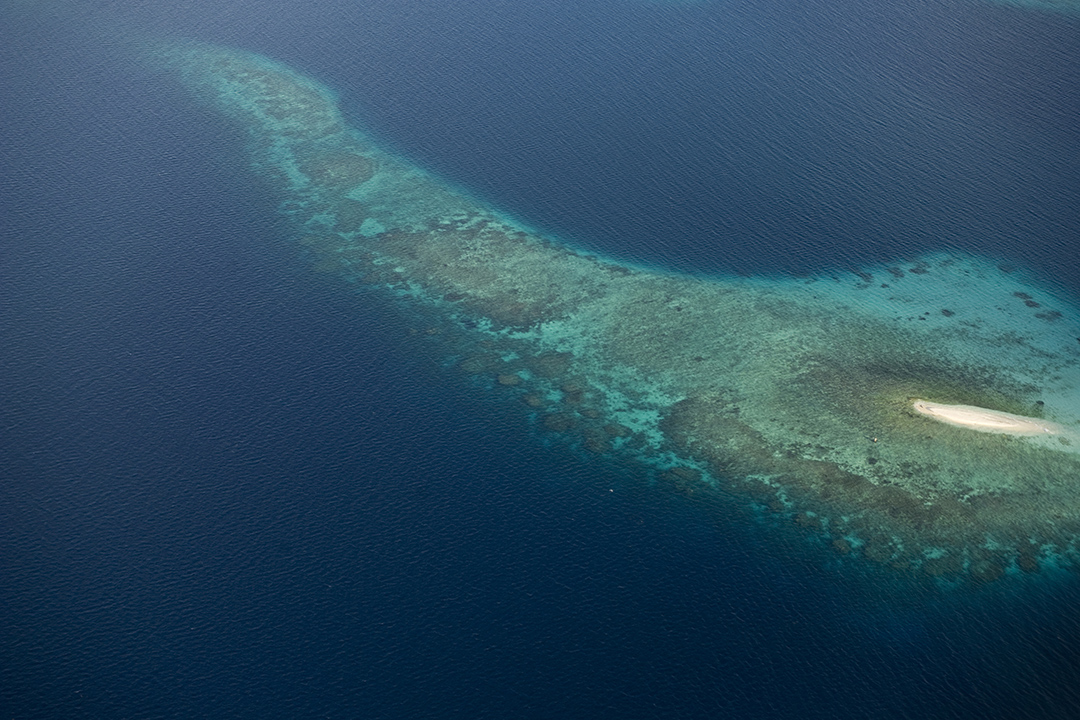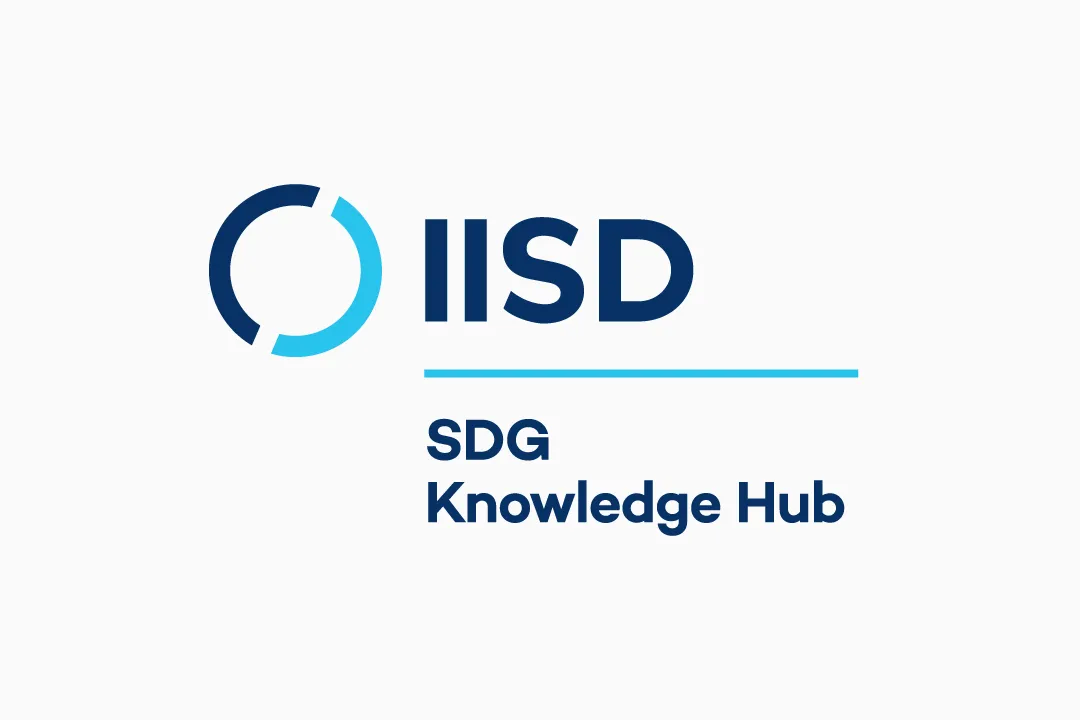16 February 2017: UN Member States, UN agencies and stakeholders discussed the proposed themes for seven partnership dialogues that will convene during the UN Ocean Conference, as well as elements for the ‘Call for Action’ that will result from the Conference, during the Preparatory Meeting for the ‘Ocean Conference: Our Oceans, Our Future: Partnering for the Implementation of Sustainable Development Goal 14’ (Conserve and sustainably use the oceans, seas and marine resources for sustainable development). Consultations on the draft ‘Call to Action’ will begin on 7 March.
The Meeting convened at UN Headquarters in New York, US, from 15-16 February 2017, with side events taking place from 14-16 February. It was led by the two co-facilitators for the preparatory process, Àlvaro Mendonça e Moura, Permanent Representative of Portugal, and Burhan Gafoor, Permanent Representative of Singapore.
The Ocean Conference will take place in New York, US from 5-9 June 2017. Co-hosted by Fiji and Sweden, the Conference will include: eight plenary meetings; a special event commemorating World Oceans Day; and seven partnership dialogues focused on recommendations to support the implementation of SDG 14. The Conference aims to be a “game changer” in reversing the decline of the health of oceans and in advancing the implementation of SDG 14, through providing a platform for voluntary commitments, as Wu Hongbo, Under-Secretary-General for Economic and Social Affairs and Secretary-General of the Conference, said during the Preparatory Meeting. The June Conference will have three outcomes: an intergovernmentally agreed declaration in the form of a ‘Call for Action’ to support the implementation of SDG 14; a report containing a summary of each partnership dialogue, prepared by its co-chairs; and a list of voluntary commitments for the implementation of SDG 14.
Opening the Preparatory Meeting on 15 February, Mendonça e Moura said a successful Ocean Conference will depend on active contributions from all stakeholders, including ministries, intergovernmental organizations, and UN agencies. Gafoor highlighted the process’s strong foundation within the 2030 Agenda for Sustainable Development, and added that a plan for successful implementation of SDG 14 should be built upon the Paris Agreement on climate change, Sendai Framework for Disaster Risk Reduction (DRR) and Addis Ababa Action Agenda (AAAA) of the Third International Conference on Financing for Development (FfD).
Reporting that we dump one “garbage truck’s worth” of plastic into the ocean every minute, President of the UN General Assembly (UNGA) Peter Thomson said SDG 14 is “humanity’s solution to the problems we have created for oceans.” Isabella Lövin, Deputy Prime Minister and Minister for International Development Cooperation and Climate, Sweden, said that without changing unsustainable patterns of consumption and production, the prospects for fulfilling international commitments are “grim and uncertain.” Semi Koroilavesau, Minister for Fisheries of Fiji, noted that the Conference was created to “provide a home” for SDG 14, which he said is an “orphan” with regard to fora dedicated to its follow-up and review.
Wu Hongbo, Under-Secretary-General for Economic and Social Affairs and Secretary-General of the Conference, said the conference must be “a conference of solutions and a conference of partnerships.” Stephen Mathias, UN Assistant Secretary-General for Legal Affairs, called for enhancing the implementation of commitments made within existing legal instruments.
A significant number of delegations suggesting changing proposed Theme 7 on international law to more closely reflect SDG target 14.c.
On possible themes for the seven partnership dialogues, participants responded to proposals outlined in a Background Note of the UN Secretary-General. At the end of the discussion, Co-Facilitator Mendonça e Moura noted that the themes must be grounded in the targets of SDG 14, and that this process cannot lead to reopening the discussion on the targets, which reflect a “delicate balance that took us so long to achieve.” He shared the co-facilitators’ conclusions that: participants were strongly supportive of the proposed themes; participants proposed changes to broaden the discussions in the partnership dialogues to allow for the inclusion of cross-cutting issues; and a “significant number” of delegations suggested changing proposed Theme 7 (Implementing international law, as reflected in UNCLOS) to more closely reflect SDG target 14.c.
Participants also exchanged views on elements for the ‘Call for Action’ that will result from the June Conference. Summarizing the discussion, Gafoor said “almost everyone” supported a ‘Call for Action’ that is concise and action-oriented, as well as easy to understand by the public. Among other common elements raised by Member States and others, he cited: balance between the three dimensions of sustainable development, the indivisible nature of the 17 SDGs; urgency due to the state of the oceans, as well as the shorter deadlines for some SDG 14 targets; the “fundamental character” of UNCLOS; and the need to take account of countries in special situations. Garfoor said participants had offered very concrete ideas on challenges and opportunities in the areas of marine pollution, ocean acidification, sustainable fisheries, MPAs, and the blue economy. He also noted that monitoring, follow up and review were mentioned repeatedly, along with capacity building, marine technology transfer and finance, including through innovative financing mechanisms, as well as scientific knowledge, data collection, and data sharing.
As next steps, the co-facilitators announced that they will produce a zero draft of the ‘Call for Action’ by early March, and consultations will begin on 7 March 2017, with subsequent consultations on 9 March, 20 March and 21 March. [ENB Meeting Coverage] [UN Press Release] [UNGA President Remarks] [DESA Press Release] [The Ocean Conference Registry of Voluntary Commitments] [Letter from Co-facilitators to UNGA President, 21 February 2017]


